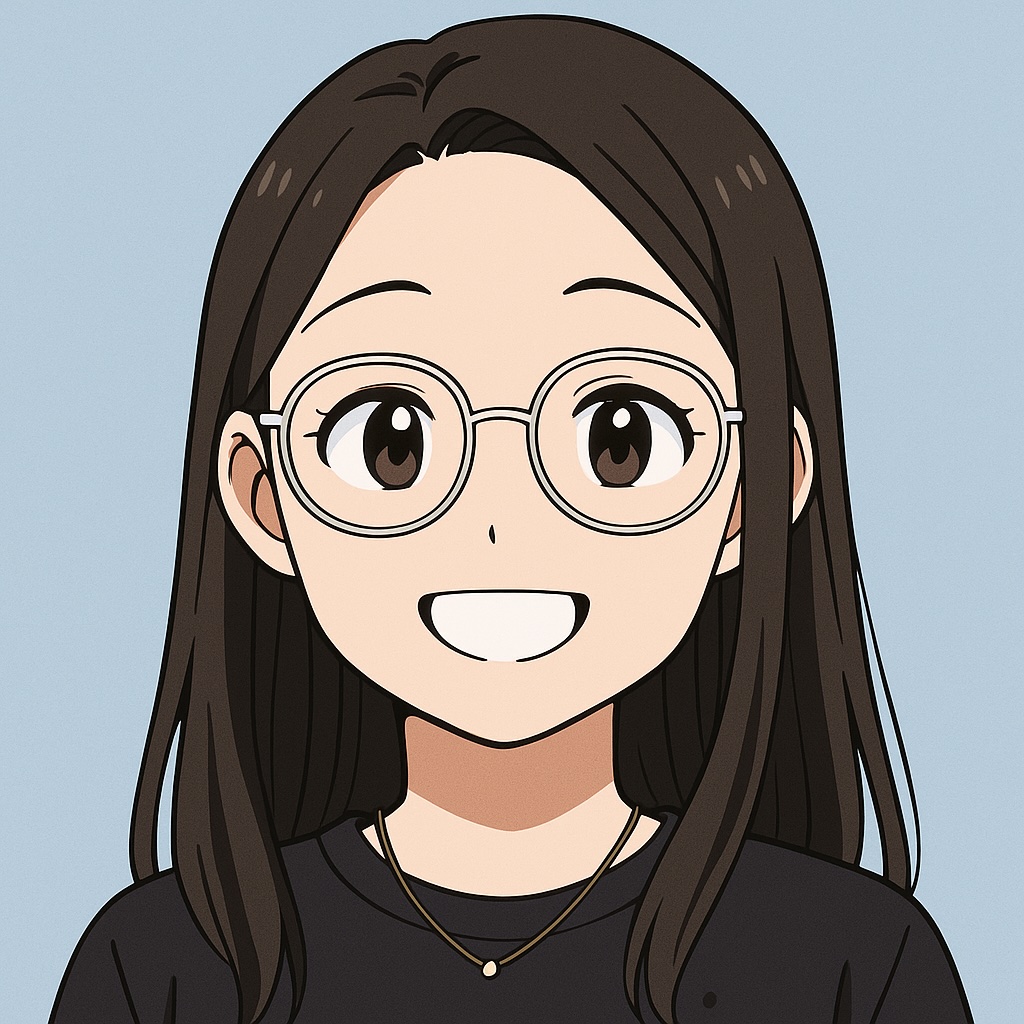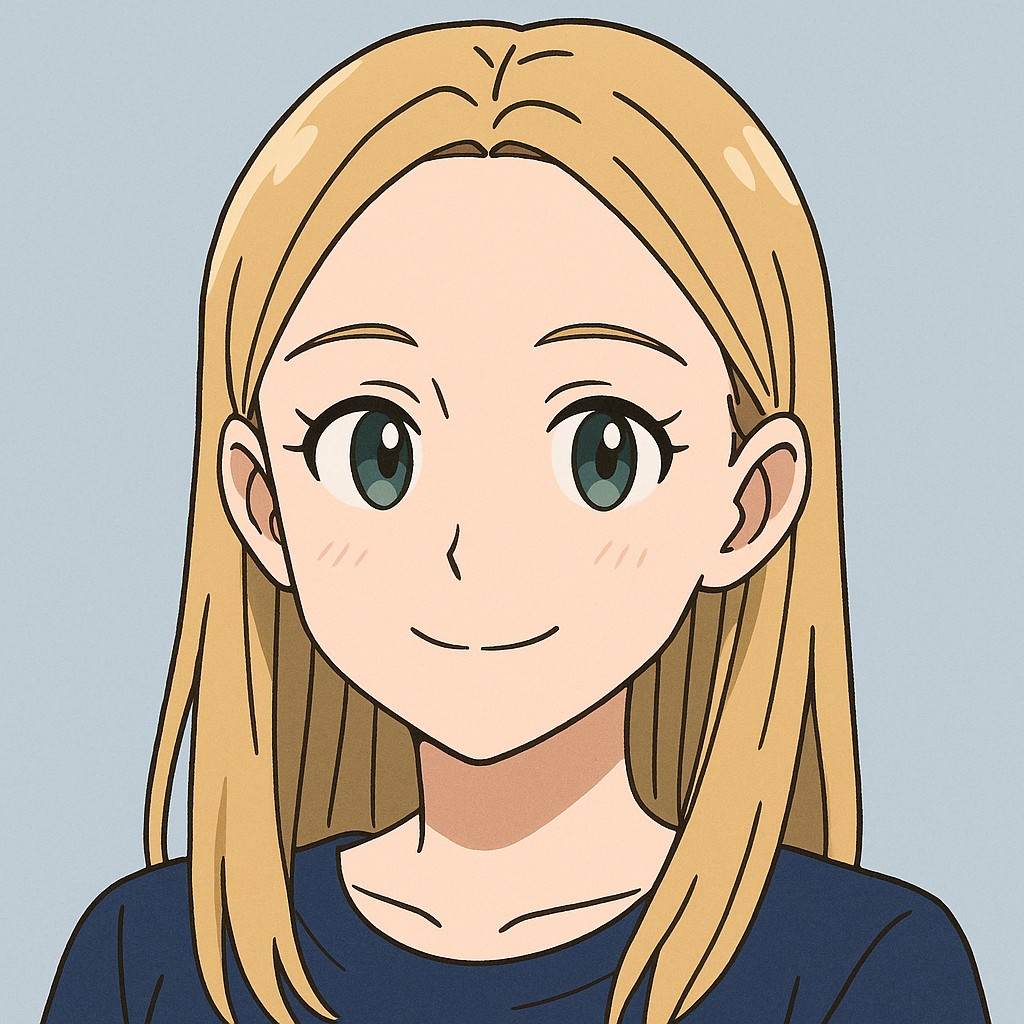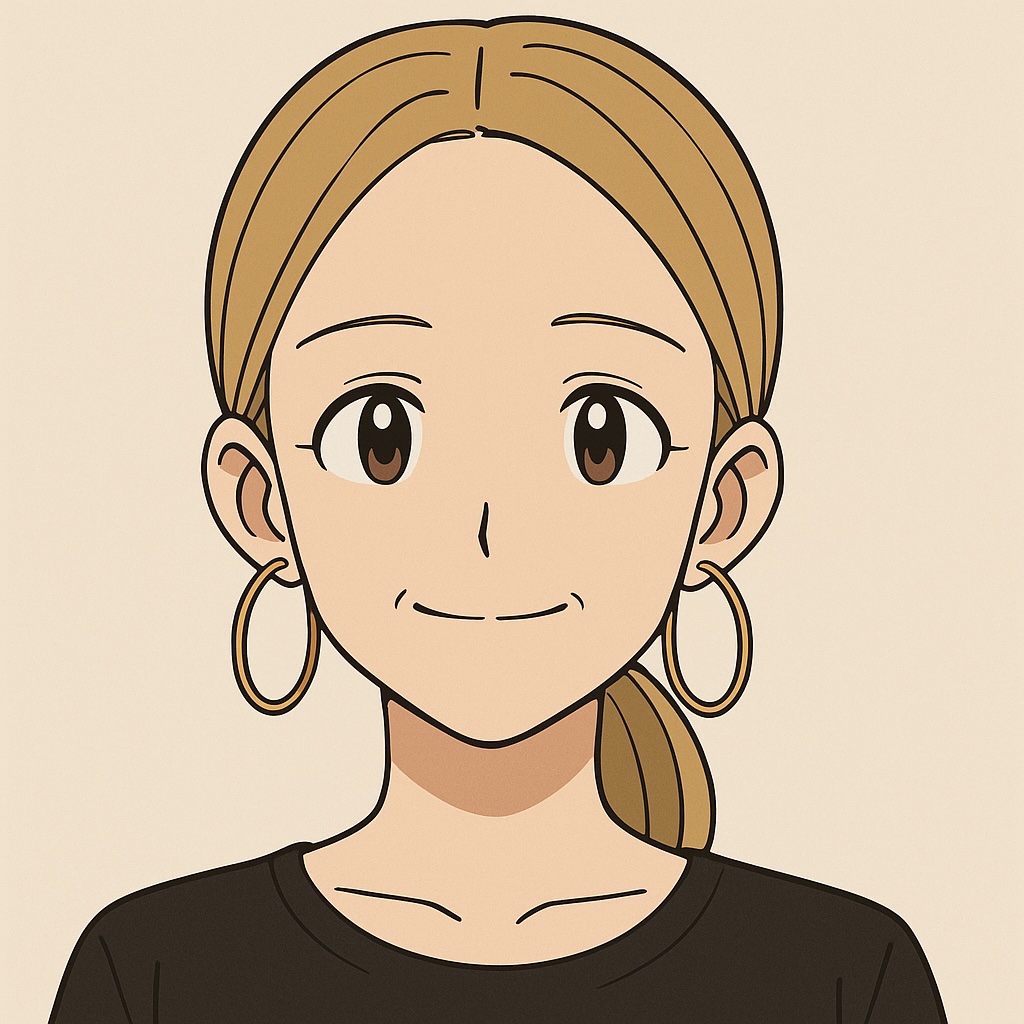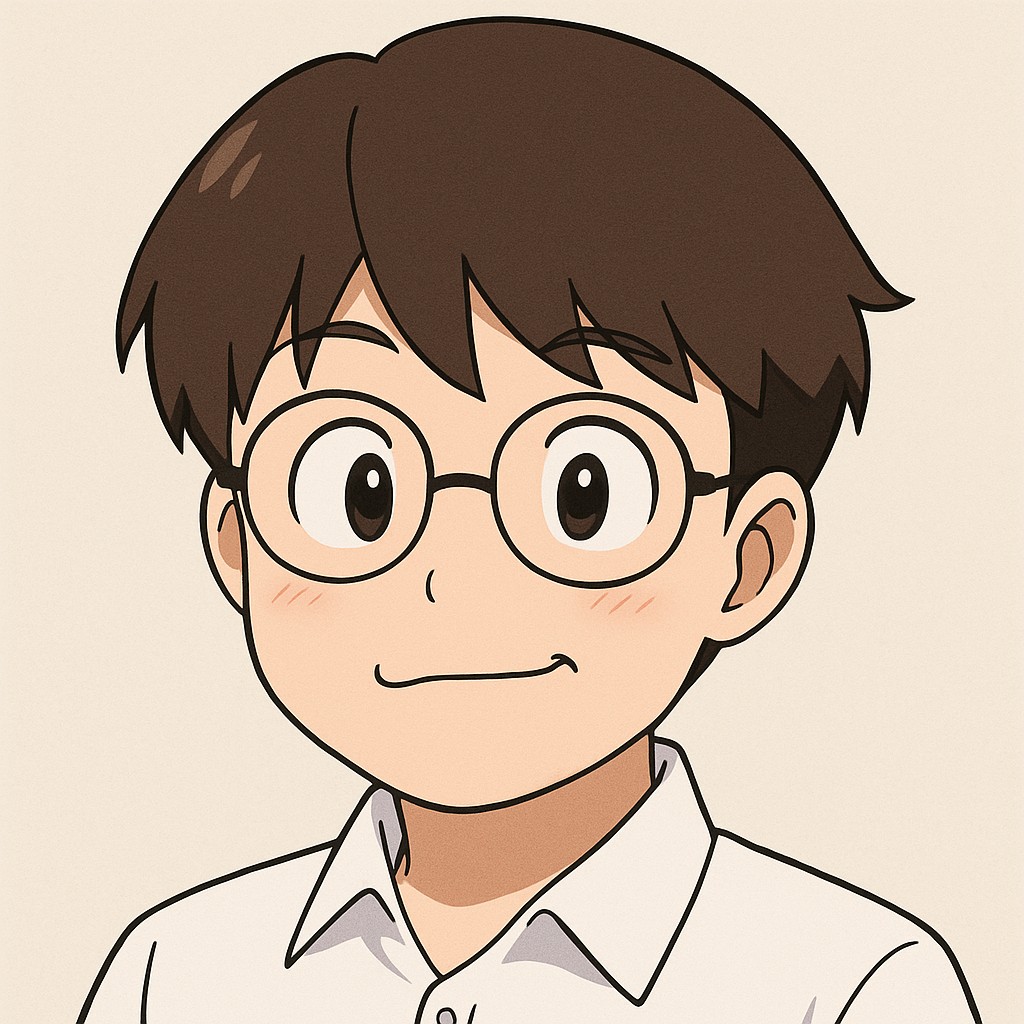Counselling or ‘talk therapy’ provides a safe space to discuss issues that are affecting a young person’s wellbeing. Counsellors work with children/adolescents and parents to explore areas that are causing concern or difficulties in a collaborative, supportive, and non-judgemental way. Counselling sessions help children and adolescents to get a better understanding of themselves, learn healthy coping strategies, and develop intrinsic motivation to make changes. The counsellor’s approach is tailored to the individual and may include talking, playing, art and/or creative activities. Issues suitable for counselling include:
- Alcohol/Drugs
- Anger
- Anxiety/Panic Attacks
- Bereavement
- Bullying
- Confidence/Self-esteem/Identity
- Family Problems
- Illness
- Learning differences
- Mental Health
- Physical Health
- Relationships
- Separation/Divorce
- Stress
- Transitions

Jayee Teh (she/her)
Assessment Coordinator & Counsellor
Master of Education (Guidance & Counselling) (Malaysia), BPsych Science (Australia), Member of HKPCA, Registered & Licensed Counsellor (Malaysia)

Monica Brennand (she/her)
Psychometrician/Trainee Counsellor
Master of Social Sciences in Counselling (HK)(2025)* Bachelor of Arts in Psychology (UK)

Niklas Blockert (he/him)
Counsellor
Master of Counselling (Australia), BSc Social Work (Sweden), Member of the Hong Kong Professional Counselling Association

Nimishaa Mohinani (she/her)
Counsellor/Psychometrician
B.A Psychology (U.S.A), M.Phil Industrial-Organizational Psychology (H.K.), M.Ed Counselling (Aus)

Sarah Hanniffy (she/her)
Counsellor
B. Communications (Aus), Masters Communication Management (Aus), Masters Counselling (Aus)

Vic Chiu (she/her)
Counsellor
Master of Social Sciences (Counselling) HKU, Bachelor of Commerce (AU), Member of the Hong Kong Professional Counselling Association






